
Dry mouth, also known as Xerostomia, is caused by reduced flow of saliva that may be associated with dehydration, radiation therapy of the salivary gland regions, anxiety, the use of drugs, vitamin deficiency, different forms of parotitis, or other syndromes. Saliva prevents infections the in mouth by controlling bacteria and fungi levels. Dry mouth can increase the risk of gum disease, tooth decay, and mouth infections.
Symptoms of Xerostomia
The most prominent symptom of Xerostomia is dry mouth and it may be accompanied with other unpleasant signs such as raw tongue, sore lips, difficulty swallowing and speaking, sore throat, bad breath, dry nasals, and lips.
Causes
Changes in salivary levels can be brought on by several factors. The most common cause is in medications. Most of the prescription drugs have “dry mouth” listed as a side effect, especially antihypertensives and antidepressants, as well as the muscle relaxants and sedatives.Dehydration is the second apparent cause of dry mouth. One can become dehydrated by limiting the daily intake of water, but dehydration may result from a numerous different factors hazardous to health. An average person should take eight ounces of water a day, for every 25 pounds of body weight. On the other hand, water is constantly being released from our bodies through breathing and sweating. An excessive loss of water may be involuntarily triggered by alcohol, caffeine and sugar intake, that slow the absorption of water. Some health concerning issues such as vomiting, diarrhea, burns and blood loss may also cause dehydration.
Treatment of Xerostomia
Dehydrated body needs to restore electrolytes. Home-made preparations, similar to sports drinks from the grocery store, may easily be prepared. To fix a restoring potion mix 1 teaspoon salt, ½ teaspoon baking soda and 1 tablespoon sugar into a cup of water. A dash of lemon, lime or orange can add tasty flavor. One cup a day should prevent body from dehydration resulting from intense physical activity, vomiting or diarrhea.
Celery helps stimulation of saliva glands and adds extra moisture to mouth.
Liquids are important in almost any form. Regular meals should be soaked in sauce, gravy, broth, butter or yogurt so that the food becomes easier to swallow and digest. Stews, soups and noodle dishes are also suitable.
Parsley is a natural mouthwash. It will remove bad breath easily while supplying the body with vitamins A and C, calcium and iron.
Water makes up 70-80% of our bodies, it helps lubricate joints, filter harmful elements trough kidneys, metabolize fat etc. An average person should take about eight 8-ounce glasses every day, especially with meals.
Some common spices may also be used as herbal remedies. Aniseed and fennel will help eliminate bad breath that usually fallows Xerostomia. Cayenne pepper stimulates salvatory glands while rosemary helps fight germs. 1 teaspoon of rosemary combined with 1 teaspoon of dried mint and 1 teaspoon of aniseed together with 2 ½ cups boiling water should steep covered for 15 to 20 minutes. When strained and refrigerated it makes a perfect herbal mouthwash.
Useful tips
Sleeping with open mouth causes dry mouth in the morning. Patients should try to make a conscious effort to breathe trough nose. Steam breathing helps moisturize nasals and airways. Good mouth hygiene will prevent decay and infection to the teeth and gingiva. Patients should use brush and floss on a regular basis and rinse the mouth with saltwater instead of regular water. Coffee and alcohol are diuretics and therefore should be avoided.


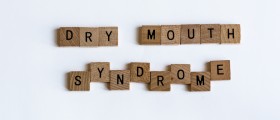

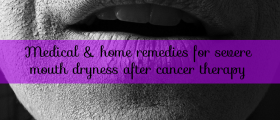



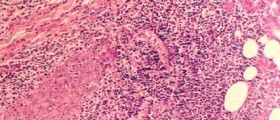
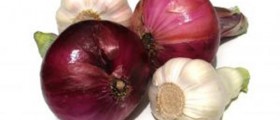

_f_280x120.jpg)
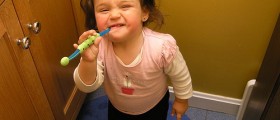
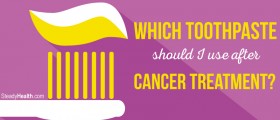



Your thoughts on this
Loading...